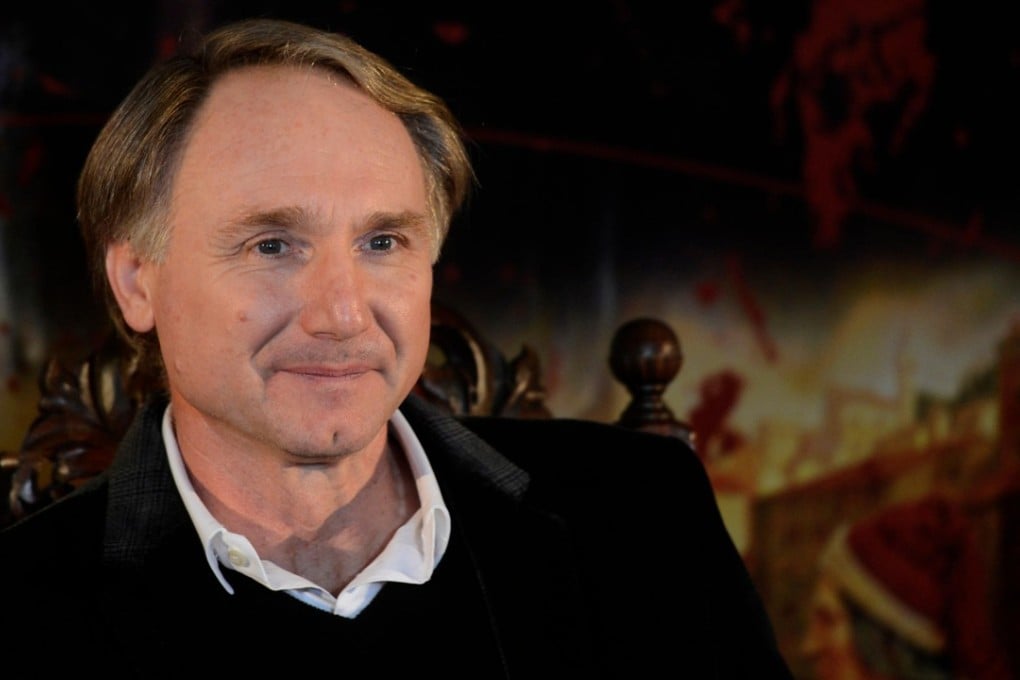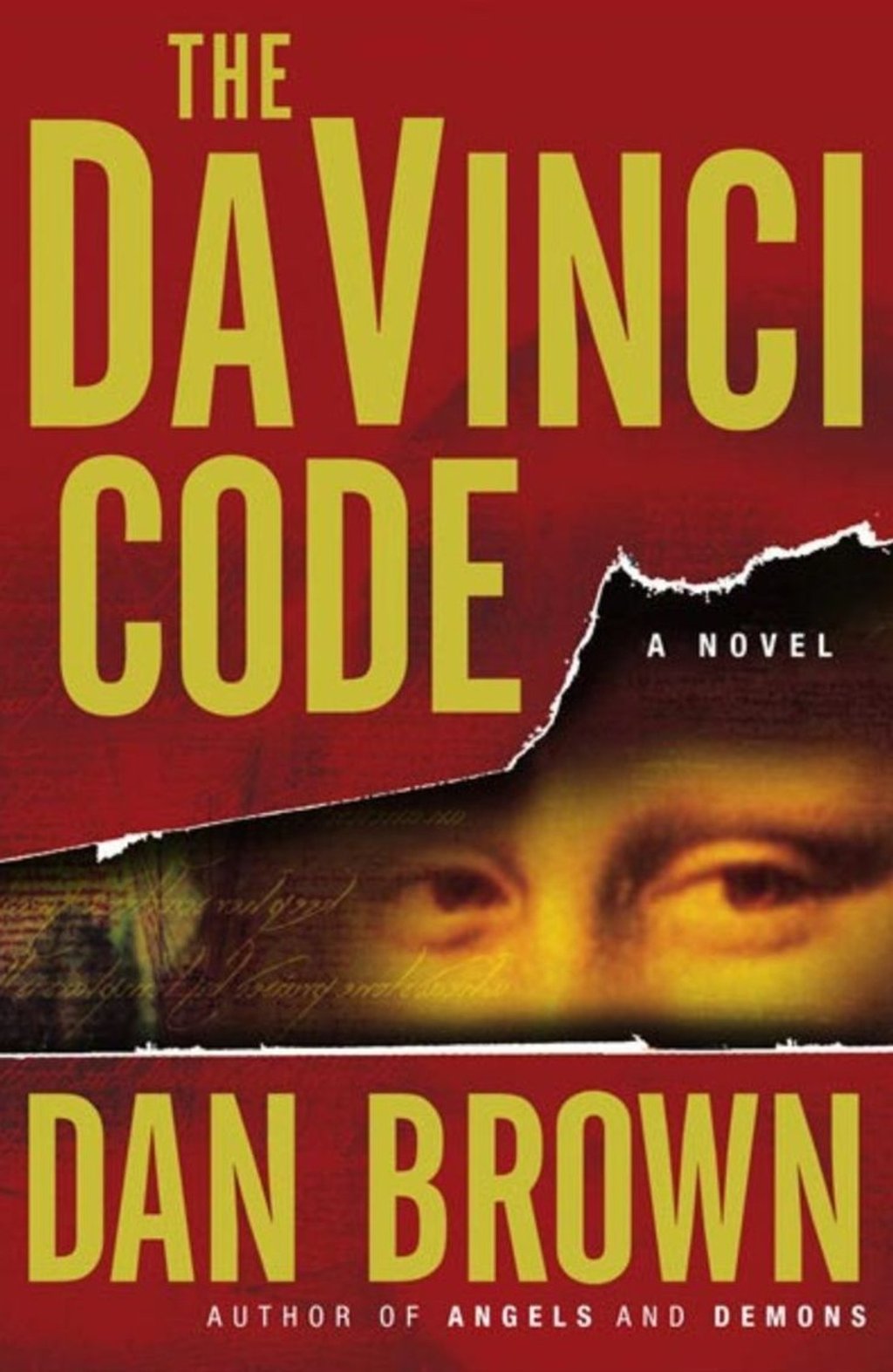How Da Vinci Code author Dan Brown survived poor sales and bad reviews to prove success is no riddle after all
From his first blockbuster, The Da Vinci Code, to his most recent page-turner, Origin, Brown’s career has been a success story even more implausible than his plots, and despite criticism of his work, his books remain hugely popular

Dan Brown has been writing his thriller novels under the forbidding eye of Zeus, the king of gods. This is a bit ironic, given that Brown vaulted to fame, success and bestseller lists by being a bit of an iconoclast, employing faith-shaking premises challenging ideas about religion and God as plot devices.
His first blockbuster, The Da Vinci Code, was a puzzle-filled thriller that introduced readers to the notion that Jesus Christ and Mary Magdalene were married with children. His most recent page-turner, Origin, went even further, playing with the idea that science could ultimately triumph over religion by essentially proving the non-existence of God.
It’s true that the god that watches over Brown as he writes is actually a cat, a massive orange and white tabby that adopted Brown after it wandered over from a neighbour’s house near Portsmouth, in the American state of New Hampshire, five years ago and never left.
But ancient Egyptians once revered cats as demigods, and since then, cats like Zeus have never let Brown and the rest of us forget it. “He’s very big. Very, very territorial. Does not like it when I leave. When my suitcase comes out, he actually gets quite upset,” Brown said of Zeus. “He sits on my desk for eight hours a day when I’m writing.”

Brown’s books, or the films based on his books, have been criticised by some for being anti-Catholic. Brown, 53, describes himself as agnostic, but not anti-religious.